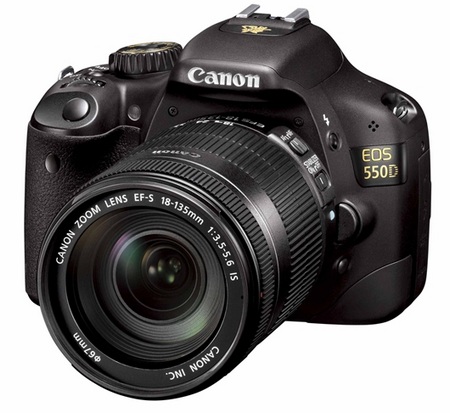1) Use as few lenses as possible
A pro will use only the important ones or what he/she really needs. Planning is a must for pros as it determines what lens they'll use. Portraits? An 85mm or 105mm. Macro? A 180mm perhaps. Or wedding photography? 35mm and 50mm.
2) Plan ahead
How do you think pros get to their work place so fast? Well duh, they plan - in advance. If they're shooting for an event, they usually do their research like the venue, the best way getting to the place, the time and so on. The whole point of doing this is to ensure that you get those 'wow' shots instead of just stoning at a corner wondering.
3) Stay focussed and sharp
Because you're a pro, people expect you to take pictures and do your job instead of slacking and stoning. Being blur in an event is an obvious no-no. Maybe for an enthusiast but not for a pro.
4) Show your 'pro' skill
Well, this is more of a should than a would. But anyway, since you're a pro why not show your skill? Not show off, dude. Post your shots on sites like Flickr perhaps and people might just praise you if they are good shots.
5) He/She is always out of the box
Pros generally should think out of the box. That's how they get shots that stand out from the others. If one is able to change the composition as well as the lighting, I think that would make a great image that stands out from others. Since everyone has creativity, its a matter of how creative you are.
Conclusion
Obviously a beginner can't be a pro immediately once he takes a camera and starts shooting. You need experience, dude. And time can only be one's friend in becoming a pro. Start by taking shots from a different angle and focus more on composition and lighting. Photography is all about creativity. Its just a matter of how creative one is.
A pro will use only the important ones or what he/she really needs. Planning is a must for pros as it determines what lens they'll use. Portraits? An 85mm or 105mm. Macro? A 180mm perhaps. Or wedding photography? 35mm and 50mm.
2) Plan ahead
How do you think pros get to their work place so fast? Well duh, they plan - in advance. If they're shooting for an event, they usually do their research like the venue, the best way getting to the place, the time and so on. The whole point of doing this is to ensure that you get those 'wow' shots instead of just stoning at a corner wondering.
3) Stay focussed and sharp
Because you're a pro, people expect you to take pictures and do your job instead of slacking and stoning. Being blur in an event is an obvious no-no. Maybe for an enthusiast but not for a pro.
4) Show your 'pro' skill
Well, this is more of a should than a would. But anyway, since you're a pro why not show your skill? Not show off, dude. Post your shots on sites like Flickr perhaps and people might just praise you if they are good shots.
5) He/She is always out of the box
Pros generally should think out of the box. That's how they get shots that stand out from the others. If one is able to change the composition as well as the lighting, I think that would make a great image that stands out from others. Since everyone has creativity, its a matter of how creative you are.
Conclusion
Obviously a beginner can't be a pro immediately once he takes a camera and starts shooting. You need experience, dude. And time can only be one's friend in becoming a pro. Start by taking shots from a different angle and focus more on composition and lighting. Photography is all about creativity. Its just a matter of how creative one is.





